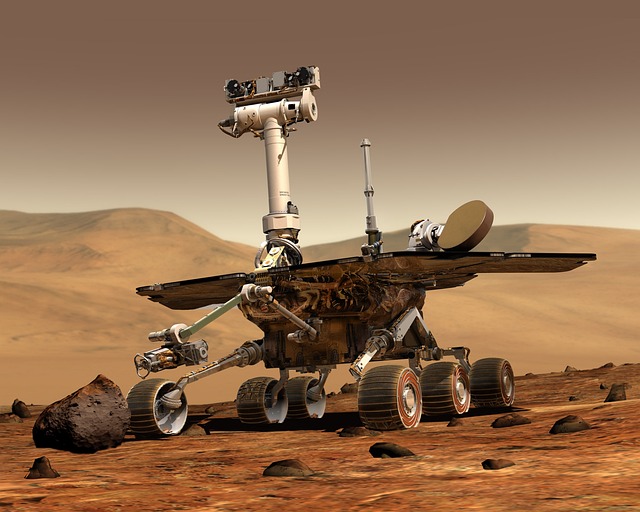The Future of Robotics: Navigating AI Legal Challenges in Business Automation
As we stand on the brink of a technological revolution, the integration of robotics and artificial intelligence into our daily lives and businesses is transforming the way we work and interact. Automation is no longer just a buzzword; it is becoming a reality that reshapes industries across the globe. However, with this remarkable advancement comes a multitude of AI legal challenges that businesses must navigate to fully harness the potential of these innovative technologies.
The Rise of Robotics in Business
Robots and AI systems are increasingly taking on roles that were traditionally performed by humans, from manufacturing to customer service. The efficiency and productivity gains from adopting automation are undeniable. Businesses can reduce costs, streamline operations, and improve service delivery, creating a compelling case for the adoption of these technologies. However, this shift brings with it significant legal implications that companies must address to ensure smooth operations and compliance.
The Complex Landscape of AI Legal Challenges
As businesses turn to intelligent systems for solutions, they encounter various AI legal challenges that can arise in multiple contexts. Intellectual property rights, liability issues, regulatory compliance, and ethical considerations are just the tip of the iceberg. For instance, if a robotic system makes a mistake leading to loss or injury, who is liable? The manufacturer, the programmer, or the business using the robot? These questions require careful thought and legal expertise to navigate.
Navigating Compliance and Regulation
Another critical challenge lies in ensuring compliance with rapidly evolving regulations governing the use of AI and robotics. Governments and organizations worldwide are grappling with how to create effective laws that promote innovation while protecting consumers and upholding ethical standards. For businesses, staying informed about these developments and adapting to new legal frameworks is essential for mitigating risks associated with automation.
The Ethical Dimension of Automation
Beyond compliance and liability, the moral implications of robotics in the workplace deserve attention. As robots take over tasks previously performed by humans, businesses must consider the broader impact on employment and society. Striking a balance between embracing innovation and maintaining ethical labor practices is not just a legal obligation, but a responsibility to the workforce and community at large.
Preparing for the Future
To proactively address these AI legal challenges, businesses must invest in legal counsel and frameworks that focus on technology adaptation. Training employees on the implications of robotics and AI in their roles is paramount, ensuring that everyone understands the potential risks and compliance requirements. Furthermore, collaboration with policymakers can help shape the dialogue around regulations, ensuring that legal frameworks support innovation while safeguarding rights.
As we advance into a future where robotics and automatisation become integral to business practices, navigating the maze of AI legal challenges will be crucial. The journey may be complex, but by fostering a culture of awareness and responsibility, businesses can harness the power of technology while upholding legal and ethical standards.




